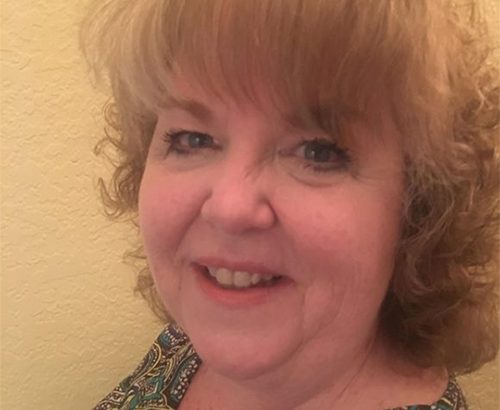
Transforming Family: Foster Youth with Disabilities
March 22, 2018
After tutoring a high school student for six months, an emergency need developed and our home was identified as one of safety for her temporary placement. Three traumatic days turned into three tumultuous years and two babies while we transformed the idea of family together. As Marie (not her real name) coped with her new role of “teen mom,” DCFS (Department of Children and Family Services) struggled with formulating a plan for her transition out of our home and into an apartment. The fact that Marie was a young mother made the Transitional Living Placement (TLP) and subsequent “aging out” plans challenging because there are so few resources for mothers. The fact that Marie was a person with disabilities compounded the issue at every turn. Her future outcomes would not be determined simply by her lifetime spent bouncing from home to home, school to school, city to city—the typical outcomes of a life lived in transience. Rather, her success—and the success of her children—would now rest on her ability to access transitional and social services with no discussion of a transition plan that included her own disability. DCFS workers strove to develop an appropriate independent living plan (ILP) for her with regard to her identity in foster care and her identity as a mother, but completely ignored the fact that Marie identifies as a person with a disability.
Because one of Marie’s challenges is with reading comprehension, she often has confusion about printed material—the longer or more complex the sentence, the greater the confusion. A rental agreement? A doctor’s set of instructions for a child? A notice from the landlord? Even the most basic forms and notices are excruciatingly difficult. Marie thought she had applied for financial help from the state; she contacted me to see why her checks were not arriving. When I reviewed the first two lines on the submission form, we determined that she had not turned in a key piece of identification requested by the agency. She submitted that form three months prior—with a trained life coach from DCFS who had not considered the issue of Marie’s access (or barrier) through reading.
Young people with disabilities who are leaving foster care need a workable transition plan for independent living. There are links to transition services for foster participants who are aging out; what seems to be missing is a crucial link between disability services and independent living for young people that does more than list the laws protecting people with disabilities. Young adults who are transitioning from foster care to independent living do not necessarily have a caring adult who is a partner with them and, if necessary, an advocate with them. This is not a rebuke of social workers who do so much with so little, nor is it a critique of our overworked social services. But unless the case worker is extremely knowledgeable and proactive, the TLP or Supervised Independent Living (SIL) Placement will give foster youth some guidance, but not strategies and advocacy. These are the realities of too many cases and too few case workers.
On the whole, the foster care transition system in American has not planned for young people with disabilities. Marie’s ability to access programs and services in society, which already is compromised by family formation issues, is further diminished…not by identifying as a person with a disability, but by being a person in a system that is not equipped to serve all people with equity. My hope is that our disability rights community will embrace foster youth as a part of the family so we can all move ahead together.
Excellent blog on the issue: http://jlc.org/current-initiatives/transition-adulthood/older-youth-disabilities
Anne Steketee, M.Ed., is currently a part-time lecturer at Chapman University in the Attallah College of Education. She is a Ph.D. student in education at Chapman, with an emphasis in Cultural and Curricular Studies and a minor in Disability Studies. Anne is a mother of a multicultural family, a foster mother, and an educator with over 30 years of partnering with students of all learning profiles. Anne’s areas of focus are equity, engagement, and full participation for all. And Nutella.
When asked if Anne had a blog she wanted to share, here was here response: I actually don’t have a blog, but if I did I would call it Sideways Glance…to me, this means that way you can kind of sneak up on things and look at them with a bit of side-eye. Maybe think research-orientation with a bit of “old lady” attitude thrown in.